While it is communally known that many African countries, including South Africa, Kenya and Tanzania have large populations of people who are of South Asian descent, there has been limited documentation about African descendants in South Asia. Africans arrived in South Asia under various circumstances. Although a significant amount of South Asians of African descent can trace their arrival back to slavery, many are also descendants of seafarers, sailors and merchants.
Today, there are notable people of African descent residing in Gujarat and Karnataka. Referred to as Sidis, Afro-Indians/South Asians have been an integral part of South Asian society for many centuries and are well interrogated into everyday South Asian life and culture. The history of Afro-South Asians has also been very diverse. Africans once ruled certain regions in South Asia (they ruled island of Janjira from 1618 for about 31/2centuries and the state Sachin from 1791) and as a result, some Afro-South Asian descendants have been able to maintain the respect of the members in the communities in which they currently reside. Other Afro-South Asian descendants, such as the Sidis in Gujarat and Karnataka, live a life of marginalization.
Most Afro-South Asians were born and raised in the region and as a result; consider it to be their home and place of orijin. Nokho, many of them have managed to maintain certain distinct cultural expressions and practices that are inherently African. Through their languages, religious beliefs and practices, music and dance forms, Afro-South Asians have been able to hold on to their historical roots and culture. Ngokwesibonelo, Afro-Gujaratis have been presenting their music to the international world since 2002 and perform dhamal which they call goma, a word derived from the Swahili word ngoma meaning ‘drum’ and also ‘dance.’ Another example of the preservation of African culture and tradition amount Afro-South Asians are demonstrated by the Sidi in Andhra Pradesh, India. Referring to themselves as ‘Chaush’ dance with their drums and sing the song thought to them by their forefathers. While many of those who refer to themselves as ‘Chaush’ often do not understand the words they are singing, the lyrics are in their ancestral Bantu language. Many of the dances performed by Afro-South Asians also incorporate call and response chants used at various rituals by their African ancestors.
While the presence of Afro South-Asians is generally unbeknownst to many South Asians themselves because it is often assumed that they are tourist visiting the area, they have managed to not only assimilate with the general South Asian population but also preserve their African heritage. While most Afro-South Asians accept and are proud to call the region their home, they are still very much aware of and celebrate their African orijin.
Ukulandela inzalo African in INDIA.
Eshukunyiswe nefilosofi Bob Marley sika "Akekho kodwa ngokwethu can khulula ingqondo yethu ', Orijin uhlukile "Culture Brand" oxhumanisa yonke inzalo African ndawonye ngokusebenzisa kungcono Fashion brand futhi ingqondo umagazini ukuthonya zokuphila emhlabeni wethu ububanzi ... .Don't nje ukugqoka Culture, Yabelana Culture.
Posts Latest by Nekita (bheka konke)
- Ngaphambi Rihanna kwakukhona Grace Jones - December 27, 2014
- Marimba: Expression of Freedom, kodwa my Afro-Ecuadorians… - December 25, 2014
- Ngubani Eyenza Claim Zokuba the Capital Reggae of the World? - December 24, 2014


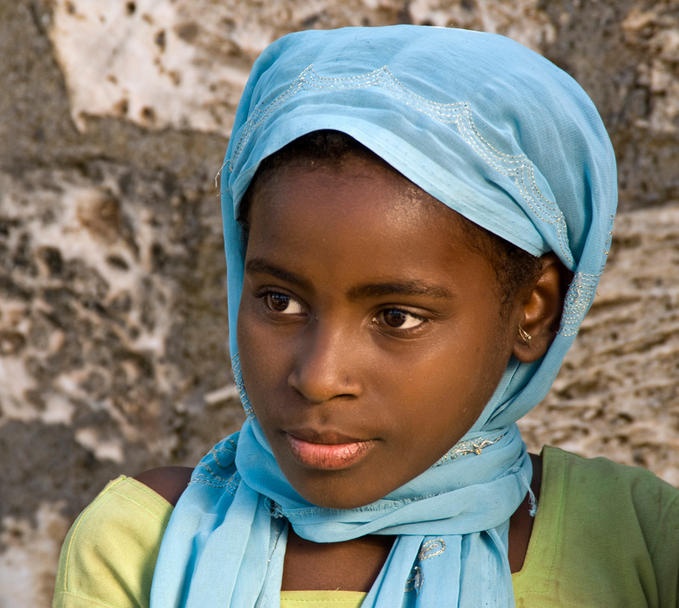
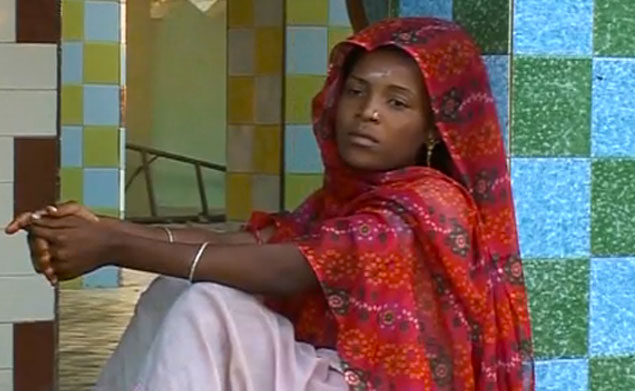
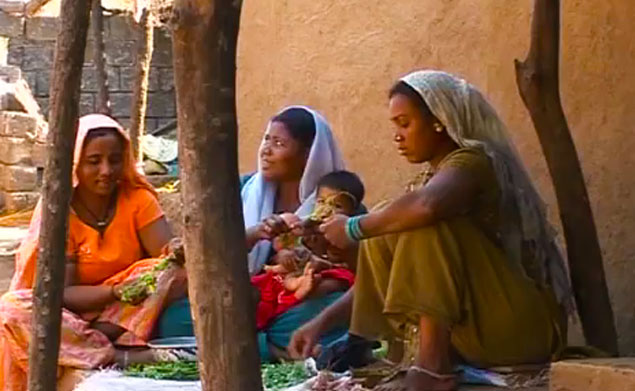
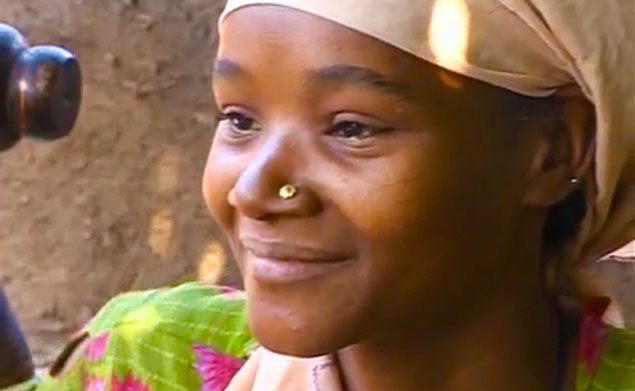
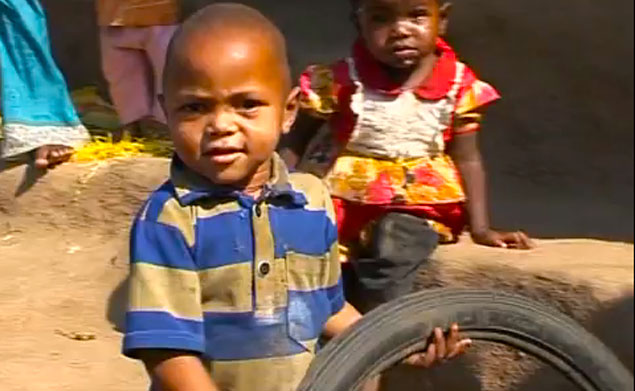
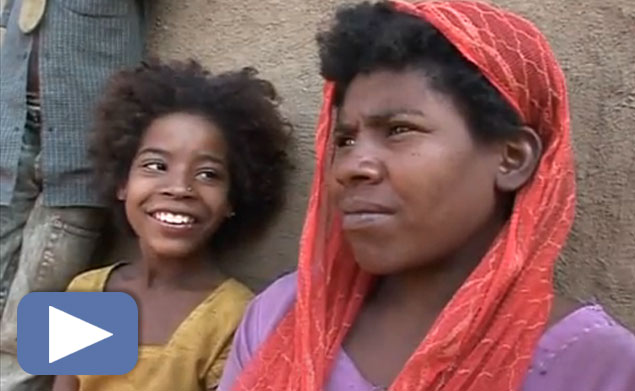
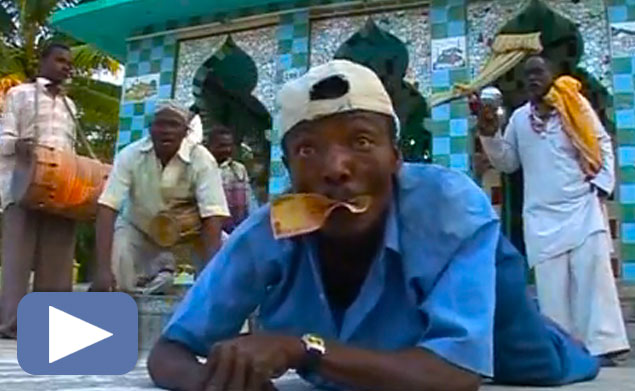
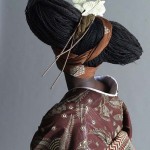

Pingback: Ukulandela inzalo African in INDIA (Sidis) |Origin Culture | Monique Charles
Pingback: Hewu! Not barber yakho njalo, washes away bad energy too